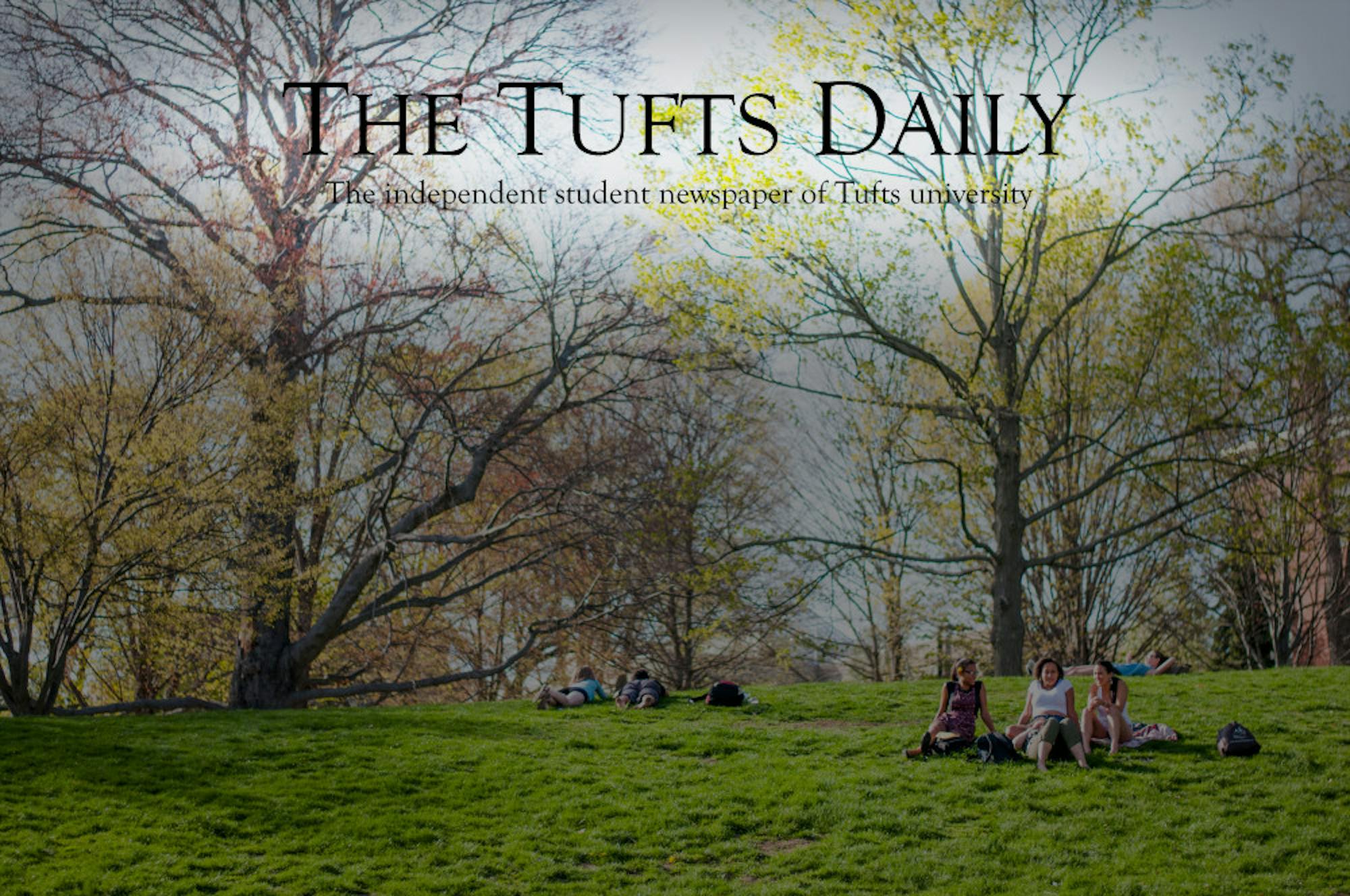The Boston Symphony Orchestra's (BSO) performance of "West Side Story" (1957) music, set in time to a screening of the newly re-mastered film, was a treat last weekend. Though the live music and the film's singing seemed disjointed at times, the overall energy of conductor David Newman and the BSO musicians overshadowed this minor flaw.
For those unfamiliar with it, "West Side Story," is an American musical based on William Shakespeare's "Romeo and Juliet." The show follows the love story of Tony, an ex-member of the Jets, and Maria, the sister of the leader of the Sharks, the rival gang, in the New York's Lincoln Square neighborhood. The Jets are mainly working-class American-Polish young men, while the Sharks are immigrants from Puerto Rico. There is a large amount of animosity between the groups. But at a high school dance, Maria meets Tony and falls in love, much to the consternation of her brother, Bernardo. Bernardo demands that she leave the dance and agrees to a "war council" with Riff, the leader of the Jets, to set the time and date of a fight to end their turf battle.
Later that night, Tony goes to the Puerto Rican section of the neighborhood and finds Maria. The next day when they see each other again, Maria begs him to try to stop the fight between the Sharks and the Jets. Tony agrees, and though he tries to prevent anyone from getting hurt, members of both gangs are killed. In the end, Tony and Maria are unable to be together.
Their brief relationship stands in contrast to the norms of their neighborhood, showing the possibility of tolerance in the future. The film is progressive in its treatment of everything from social issues and interracial love, to gender norms and the struggle of maintaining a strong cultural identity while simultaneously adapting to life in a new country - issues still relevant more than fifty years later.
The emotion put into the BSO's performance aptly highlighted the passion the film articulates. A beautiful overture began the symphony's performance, followed by opening overhead shots of New York on a large screen suspended above the musicians. Newman's performance of conducting the show was full of life. His past award-winning scores of films, like "Brave Little Toaster" (1987), "Anastasia" (1997) and "Ice Age" (2002), surely contributed to the ease with which he led the BSO. The music of Leonard Bernstein and accompanying lyrics by Stephen Sondheim were brought to life with verve, especially in the audience favorite, "America." At the end of the performance, the crowds, having soaked in the engaging show, clapped with appreciation for both Bernstein and Sondheim - two musical greats - as the end credits rolled.
Overall, the symphony captured the different moods of the songs with an honest loyalty to the original work. Such candid moments are felt in the joy of Tony as he proclaims his love for Maria in "Maria," in the innocence of the film's heroine as she sings "I Feel Pretty" while preparing to meet Tony and in the toughness of the Jets in "Jet Song." The music of the symphony intertwined seamlessly with the dances of the film's choreographer Jerome Robbins. The audience response to this unique show proved that Boston symphony-goers will surely delight in future BSO concerts of film scores performed in this charming manner.






